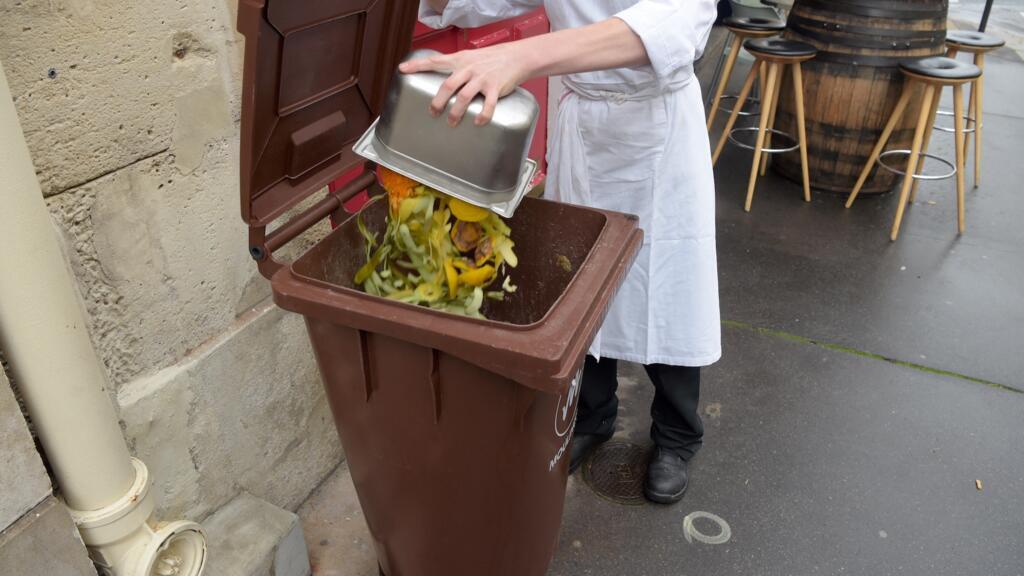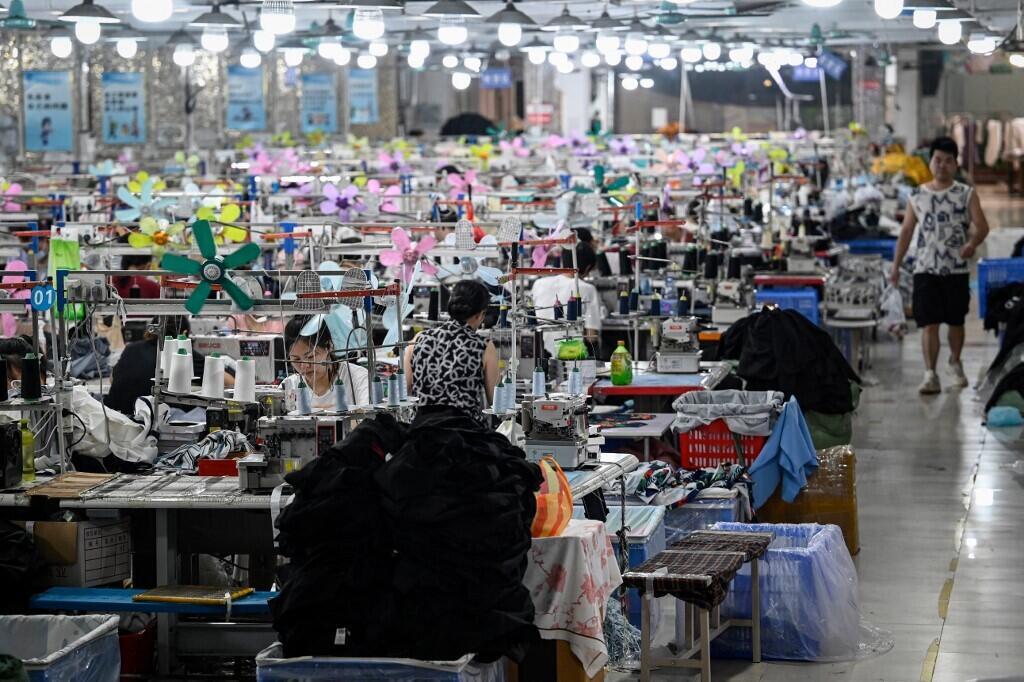
Binding targets for curbing food waste and fresh obligations for the textile industry are at the heart of a new EU drive to cut disgarded goods and protect the planet.
EU lawmakers have given the final go-ahead to a sweeping new law designed to cut back Europe’s towering piles of wasted food and rein in the environmental footprint of fast fashion.
Brussels estimates that each person in the 27-nation bloc generates around 130 kilogrammes of food waste annually – that’s a staggering 60 million tonnes – along with some 15 kilos of discarded textiles.
By slashing food waste, the EU hopes to also reduce the water, fertiliser and energy used to produce, process and store food that too often ends up in the bin.
A similar rationale underpins the textile provisions: producing a single cotton t-shirt, the EU points out, requires around 2,700 litres of fresh water – the amount an average person drinks over two and a half years.
French consumers have bad habits when it comes to food waste, data shows
Binding targets for food
Under the law passed on Tuesday, member states will face binding food waste reduction targets, though they will have the freedom to decide how best to reach them.
By 2030, households, retailers and restaurants must cut their waste by 30 percent compared with 2021-23 levels, while the food industry must trim its losses by 10 per cent.
Rapporteur Anna Zalewska said “targeted solutions” could include encouraging sales of “ugly” fruit and vegetables, clarifying confusing date labels and boosting donations of unsold but still edible food.
Parliament initially pushed for even steeper reductions of 40 and 20 percent, but the final compromise was hammered out with the European Commission and EU capitals.
The hospitality industry lobbied against binding targets, arguing instead for a stronger focus on consumer education.
“The key is raising awareness – especially among consumers,” said Marine Thizon of the European hotel, restaurant and café association Hotrec, noting that households account for more than half of Europe’s food waste.

Donated clothes an environmental disaster in disguise for developing world
Textiles brought into the fold
The law also updates a 2008 directive on waste, for the first time extending its reach to textiles.
Producers will be made responsible for the cost of collecting, sorting and recycling clothing, carpets, mattresses and more.
With less than one per cent of textiles recycled worldwide, and over 12 million tonnes thrown out annually in the EU alone, lawmakers hope the measures will stem the tide of ultra-cheap fashion imports – many from China – sold by platforms such as Shein.
Brussels is already investigating the online giant over concerns about illegal products.
Separately, the EU has proposed a €2 flat import fee on small parcels, aiming to curb the flood of low-cost packages driven by fast-fashion sales.
Last year, 4.6 billion parcels entered the bloc – more than 145 every second – with nine in ten arriving from China.
Disappointment and anger after world fails to agree plastic pollution treaty
Farm sector spared
One major gap remains, as the new law sets no waste-reduction targets for farmers, to the disappointment of environmental groups such as WWF.
“Losses before, during and after harvesting or livestock rearing make up a considerable amount of food waste across the value chain,” the organisation warned, saying it was “concerned” about the exemption.
Even so, the new law marks a significant step forward, with the potential to make Europeans more mindful of what they eat, wear and throw away – and to send a clear signal that wasteful habits can no longer be the norm.
(with newswires)







